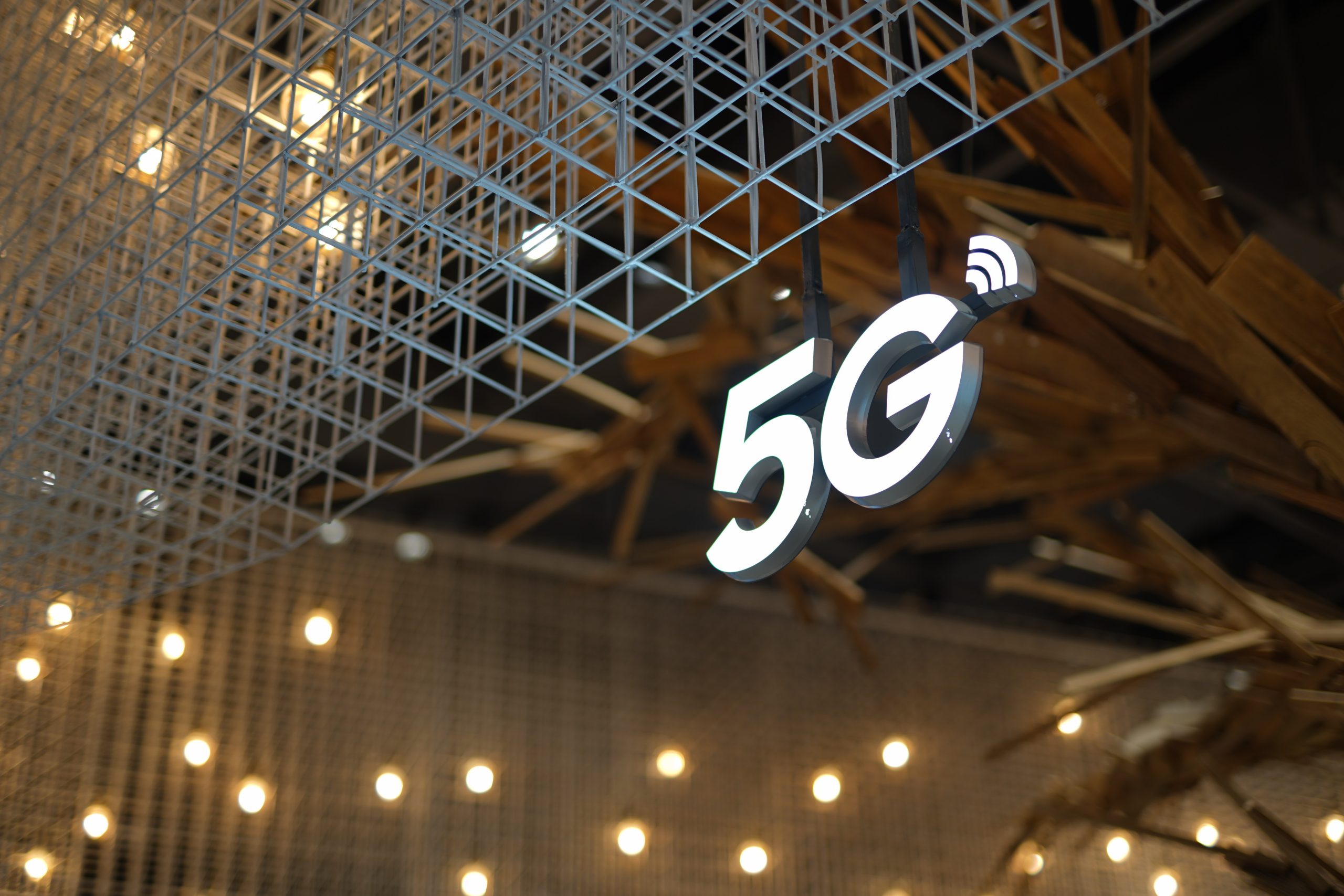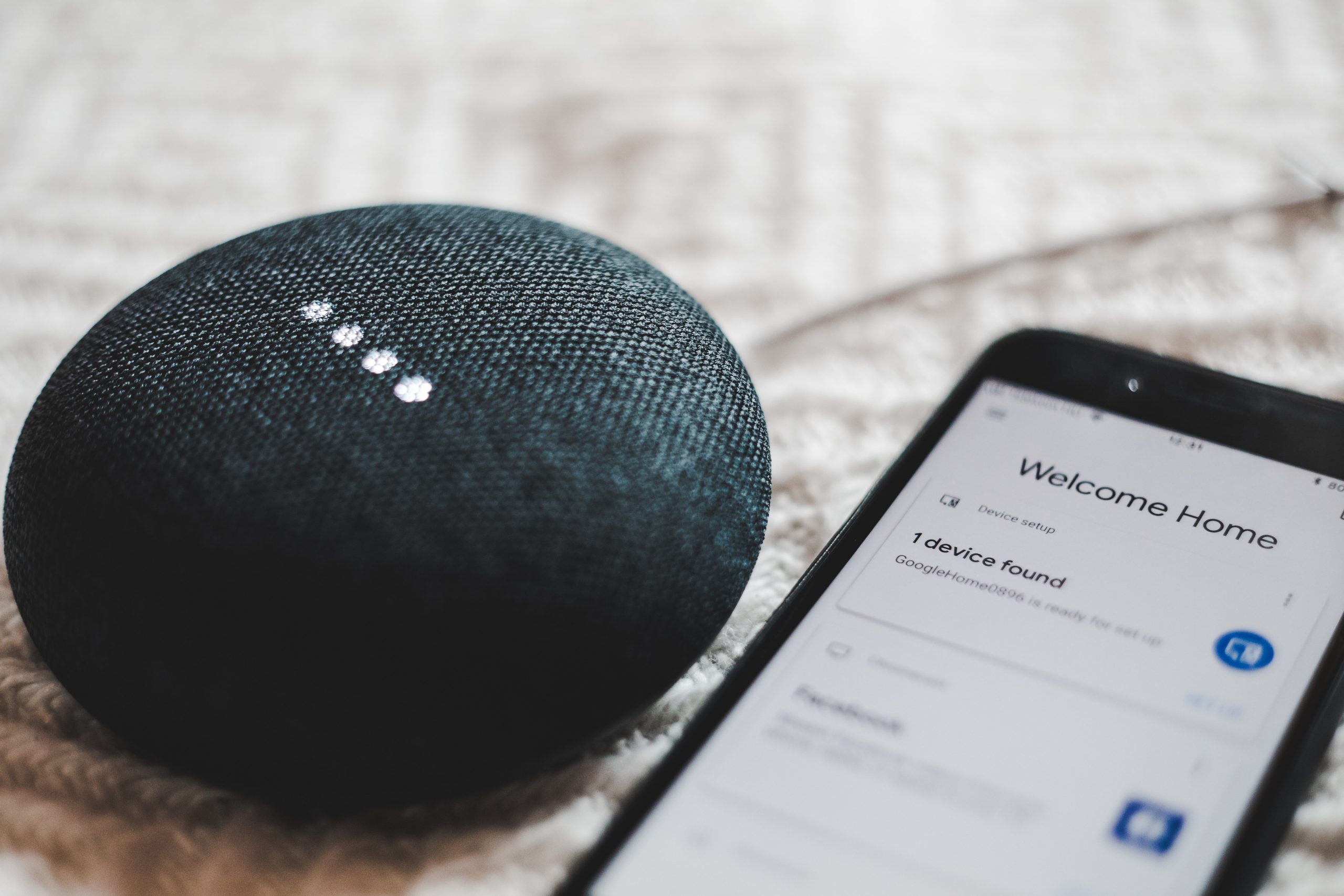Introduction to 5G
5G is the next generation of mobile connectivity, promising faster speeds, lower latency, and more reliable connections. With 5G, you’ll be able to download movies in seconds, stream live video with virtually no buffering, and have uninterrupted video calls. But 5G isn’t just about speed — it will also enable new applications and services that we can’t even imagine today. Here’s a look at how 5G will change your future.
The Benefits of 5G
As we move closer to a 5G future, it’s important to understand the ways in which this next generation of wireless technology will change our lives. Here are some of the benefits of 5G that you can look forward to:
1. Increased Speed and Capacity
5G will offer significantly faster speeds and greater capacity than 4G LTE, making it ideal for data-intensive applications like streaming HD video and gaming.
2. Low Latency
One of the most exciting benefits of 5G is its low latency, which refers to the delay between when a user initiates an action and when they see the results. This will enable new immersive experiences like augmented reality and virtual reality.
3. More Reliable Connections
5G will also be more reliable than previous generations of wireless technology, meaning fewer dropped connections and better coverage in rural areas.
4. Improved Battery Life
While 5G won’t directly improve battery life for devices like smartphones, its increased efficiency will free up power that can be used for other purposes. For example, 5G could enable Always-On Connectivity, a feature that allows devices to remain connected to the internet even when in standby mode.
5. New Use Cases
Because of its high speed and low latency, 5G will enable new use cases that simply aren’t possible with current wireless technology. For example, self-driving cars will require split-second decisions that only 5G
The Drawbacks of 5G
There are several potential drawbacks to 5G that need to be considered before its widespread adoption. One of the main concerns is the potential for health risks associated with exposure to radiofrequency (RF) radiation, which is used to transmit data in 5G networks. While the jury is still out on the exact health effects of RF radiation, some studies have linked it to an increased risk of cancer, brain tumors, and other health problems.
Another potential drawback of 5G is its impact on the environment. The rollout of 5G infrastructure will require a significant amount of energy and resources, which could lead to increased greenhouse gas emissions. Additionally, 5G networks will rely heavily on rare earth minerals, which are mined in environmentally-destructive ways.
Finally, 5G technology is likely to exacerbate the digital divide between those who have access to high-speed Internet and those who do not. In many parts of the world, including rural and underserved areas, 5G infrastructure simply does not exist yet. This lack of access could further widen the gap between haves and have-nots.
How 5G Will Change the Way We Live
5G is the next generation of wireless technology, and it promises to revolutionize the way we live. Here are five ways that 5G will change the way we live:
1. 5G will make it possible to connect to the internet at much higher speeds than ever before.
2. 5G will enable new and innovative services and applications that were not possible with previous generations of wireless technology.
3. 5G will provide a more reliable and consistent connection, even in crowded areas.
4. 5G will allow for the development of new IoT devices and applications that can take advantage of the high speed and low latency of the 5G network.
5. 5G will open up new possibilities for how we live, work, and play.
How 5G Will Affect different Industries
5G network technology is not just an evolution of existing wireless technologies, but a complete overhaul that will provide significantly faster speeds, lower latency, and more capacity. This upgrade will affect different industries in different ways. Here are some examples:
Healthcare: 5G will enable new telemedicine applications that were not possible before, such as real-time monitoring of vital signs and remote diagnosis and treatment of patients.
Automotive: 5G will enable cars to communicate with each other and with infrastructure (such as traffic lights) to avoid accidents and improve traffic flow. It will also make it possible to stream high-definition video and other data-intensive content to passengers while in motion.
Retail: 5G will enable retailers to offer new customer experiences, such as augmented reality shopping and interactive digital signage. It will also allow for real-time inventory management and connected point-of-sale systems.
Manufacturing: 5G will enable Industry 4.0 applications such as smart factories and connected machines. This will lead to increased efficiency and productivity as well as new business models based on data analytics and services.
Conclusion
5G technology has the potential to revolutionize our lives in ways we can’t even imagine yet. From faster internet speeds and improved connectivity, to new opportunities for smart devices and enhanced telemedicine services, 5G will pave the way for an exciting future. We are just starting to see the possibilities of what 5G technology can do and it is sure to have a long-lasting impact on how we live, work, play, and connect with each other.









